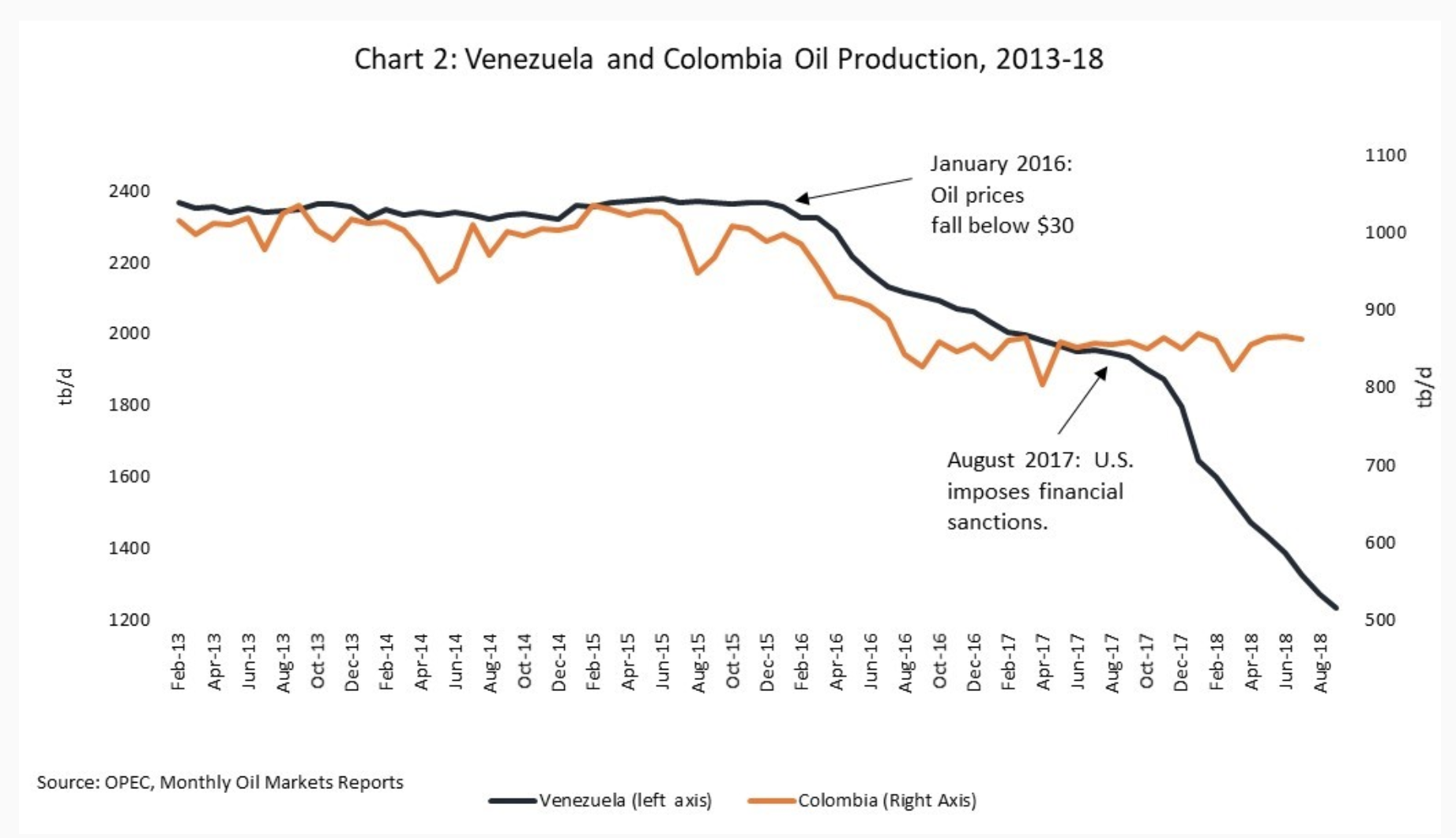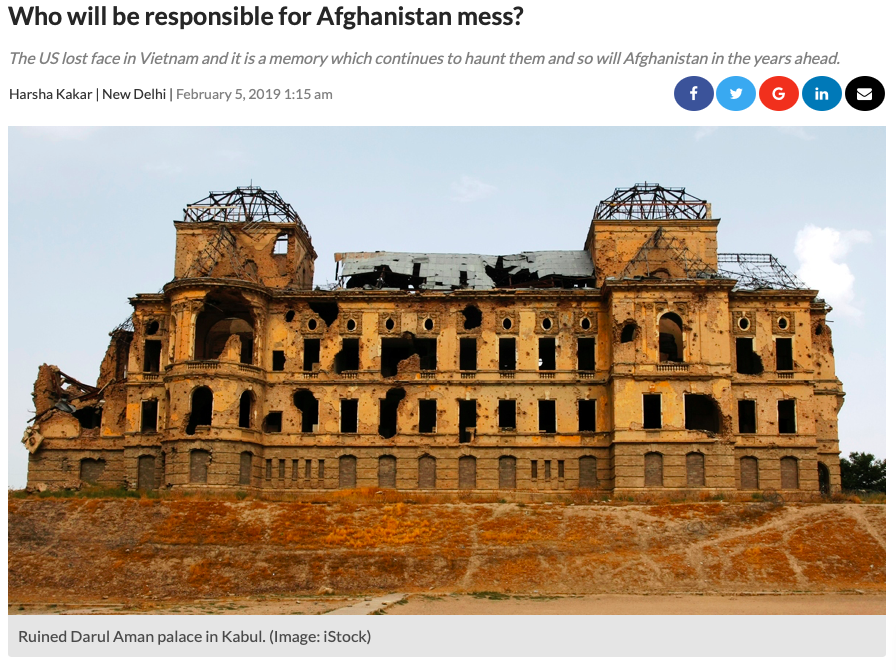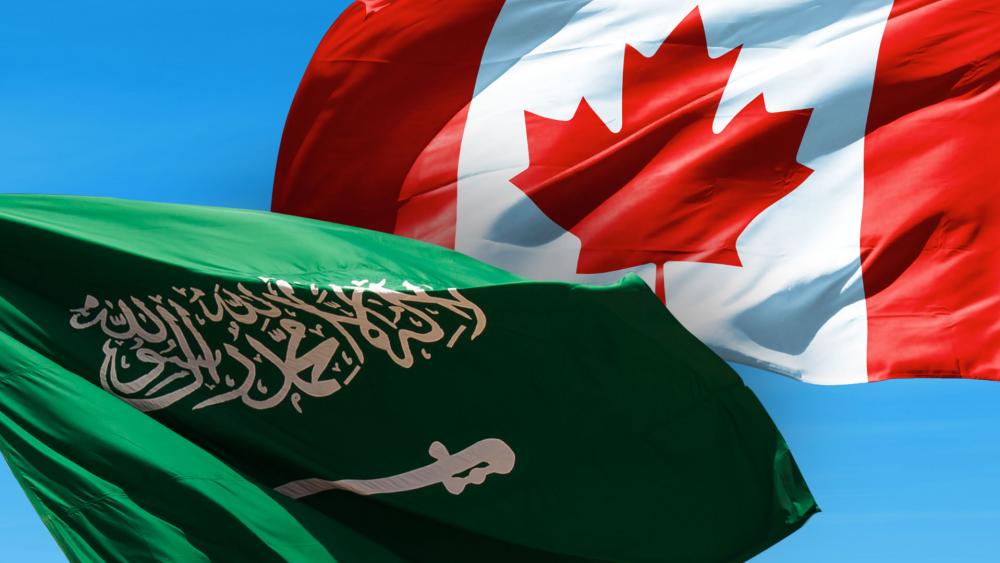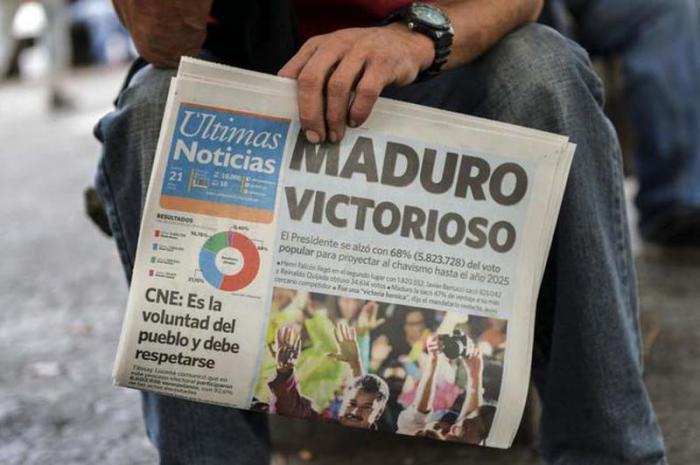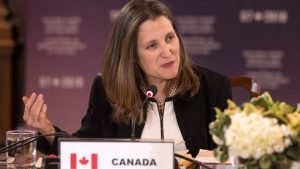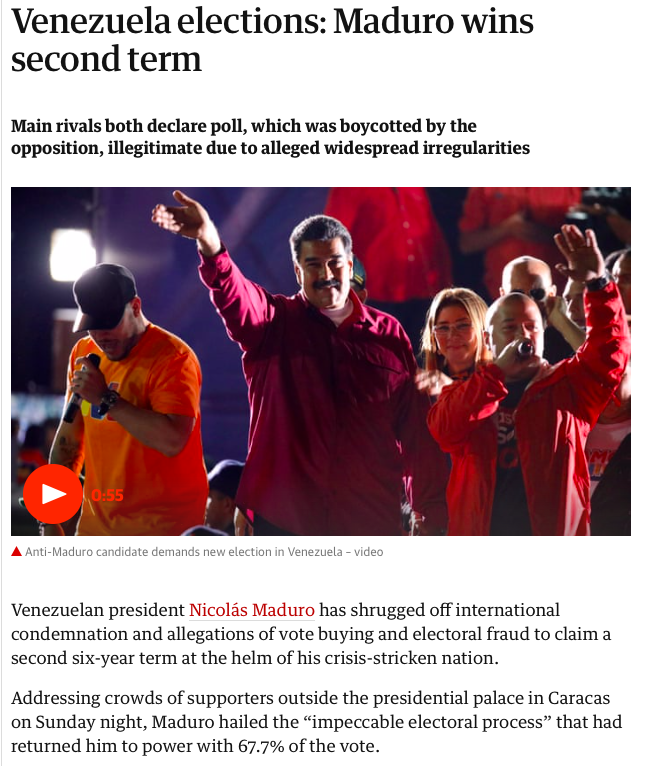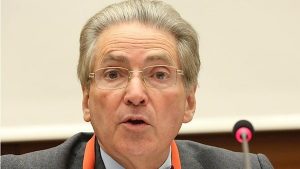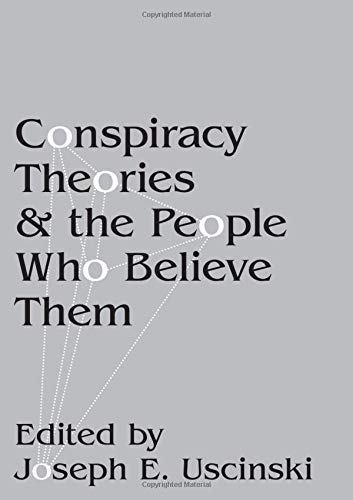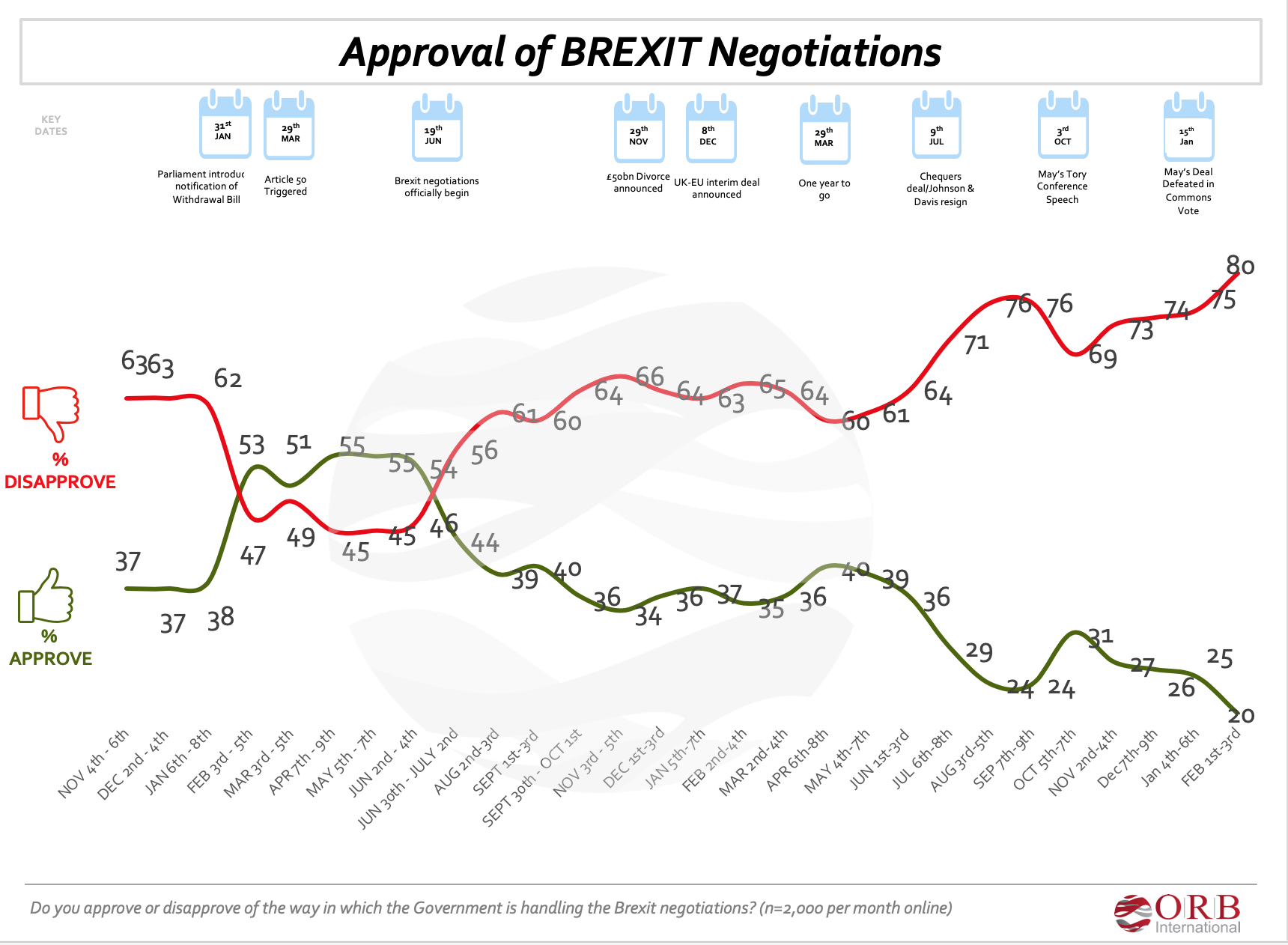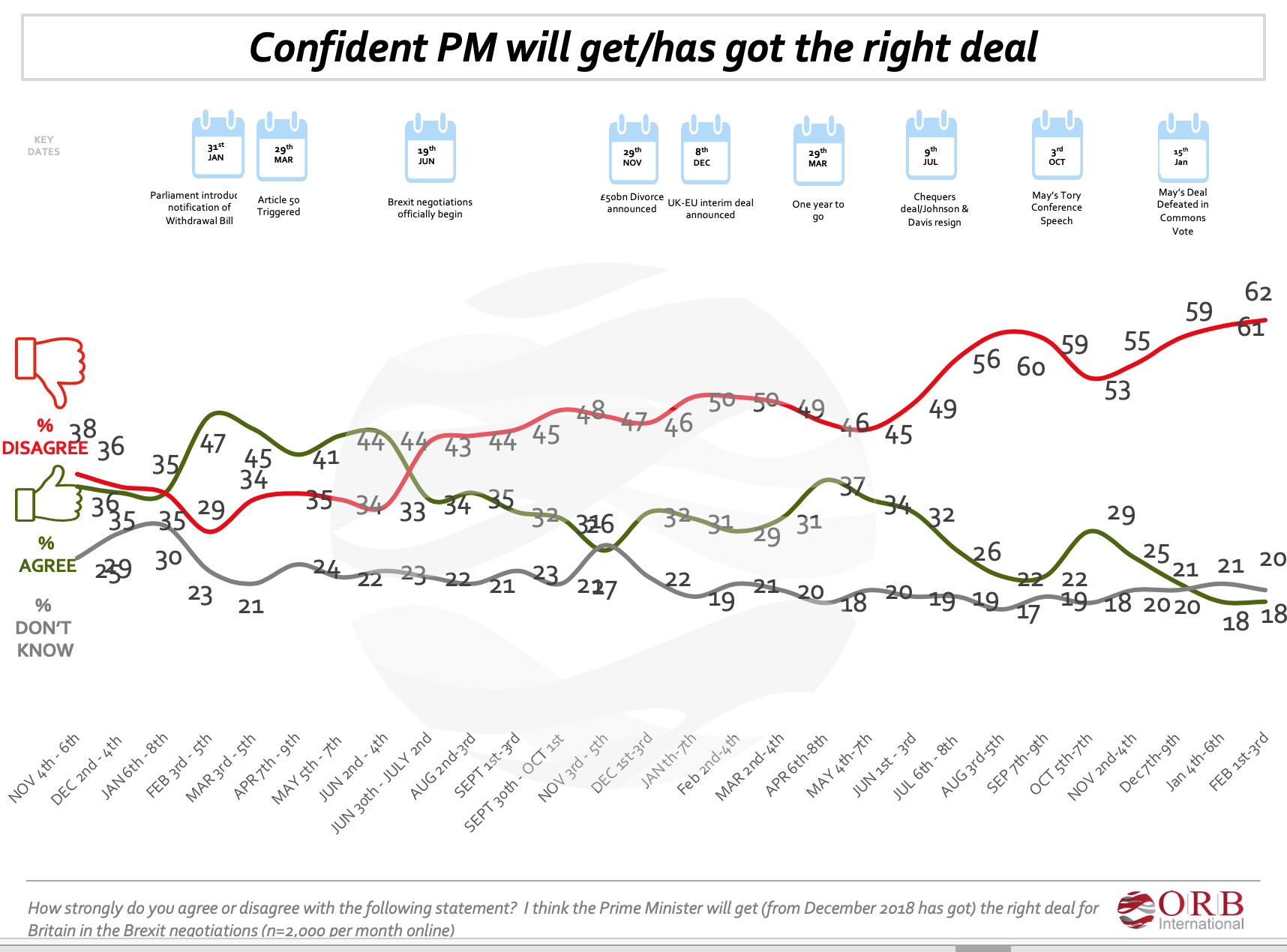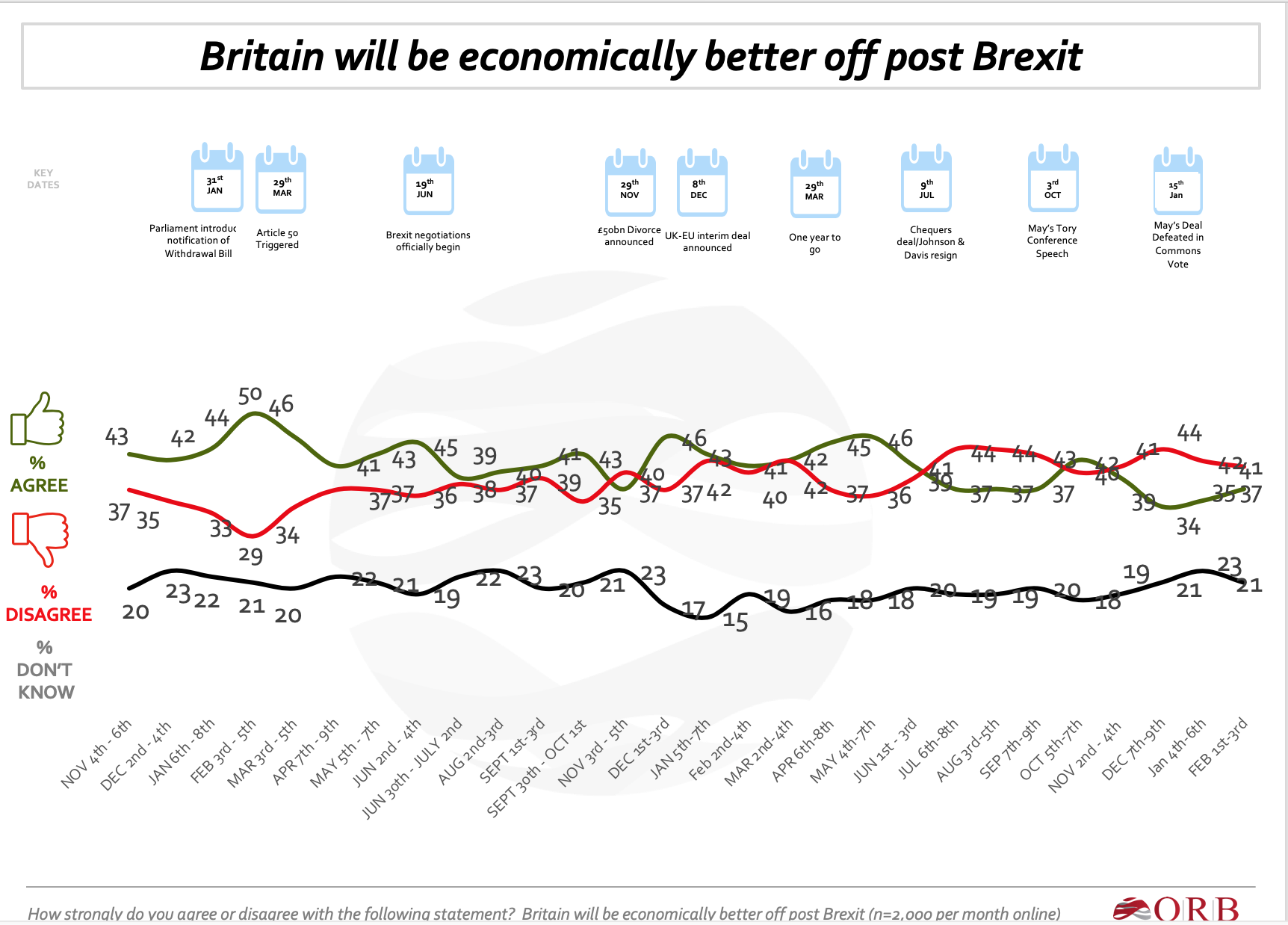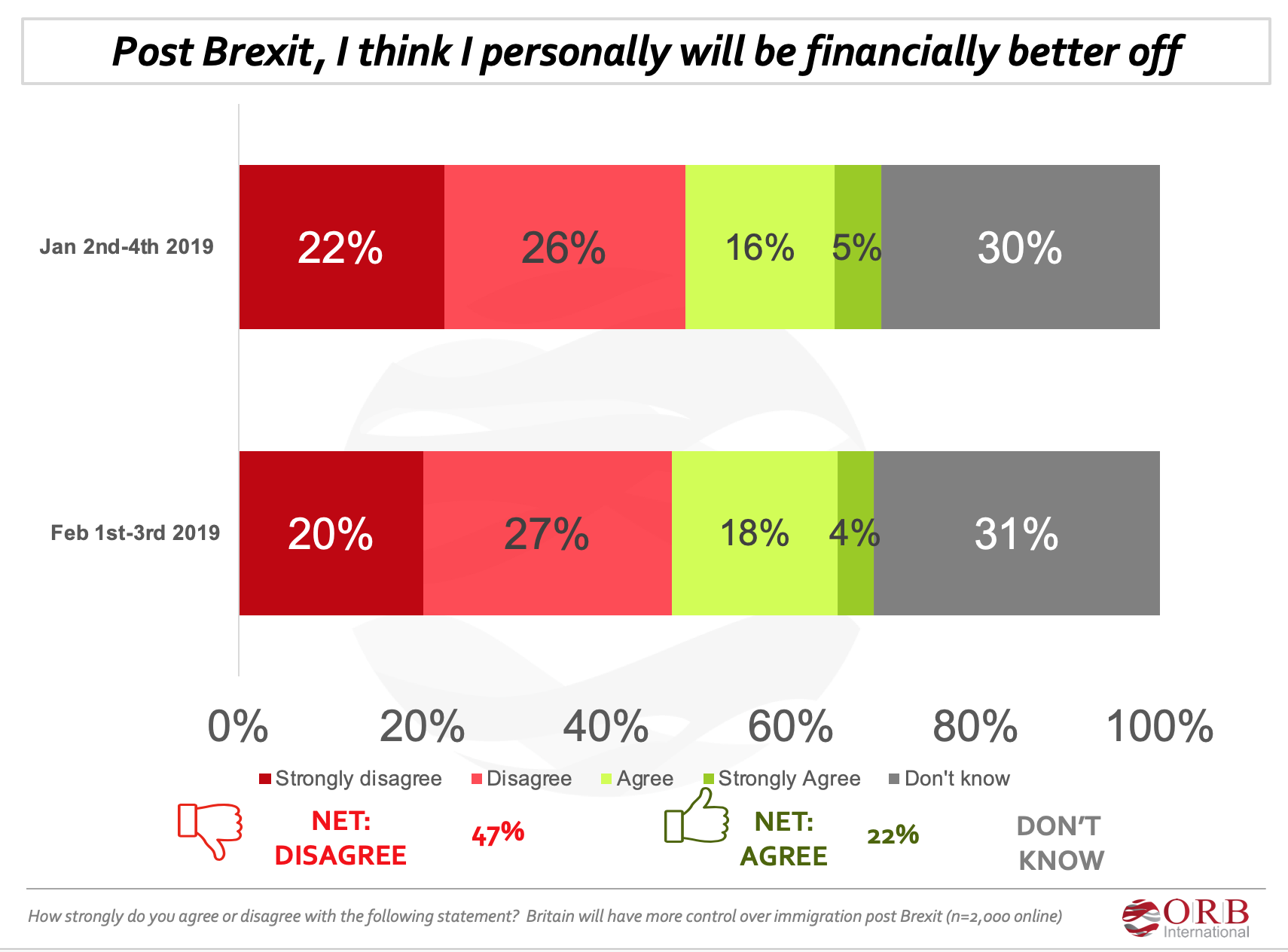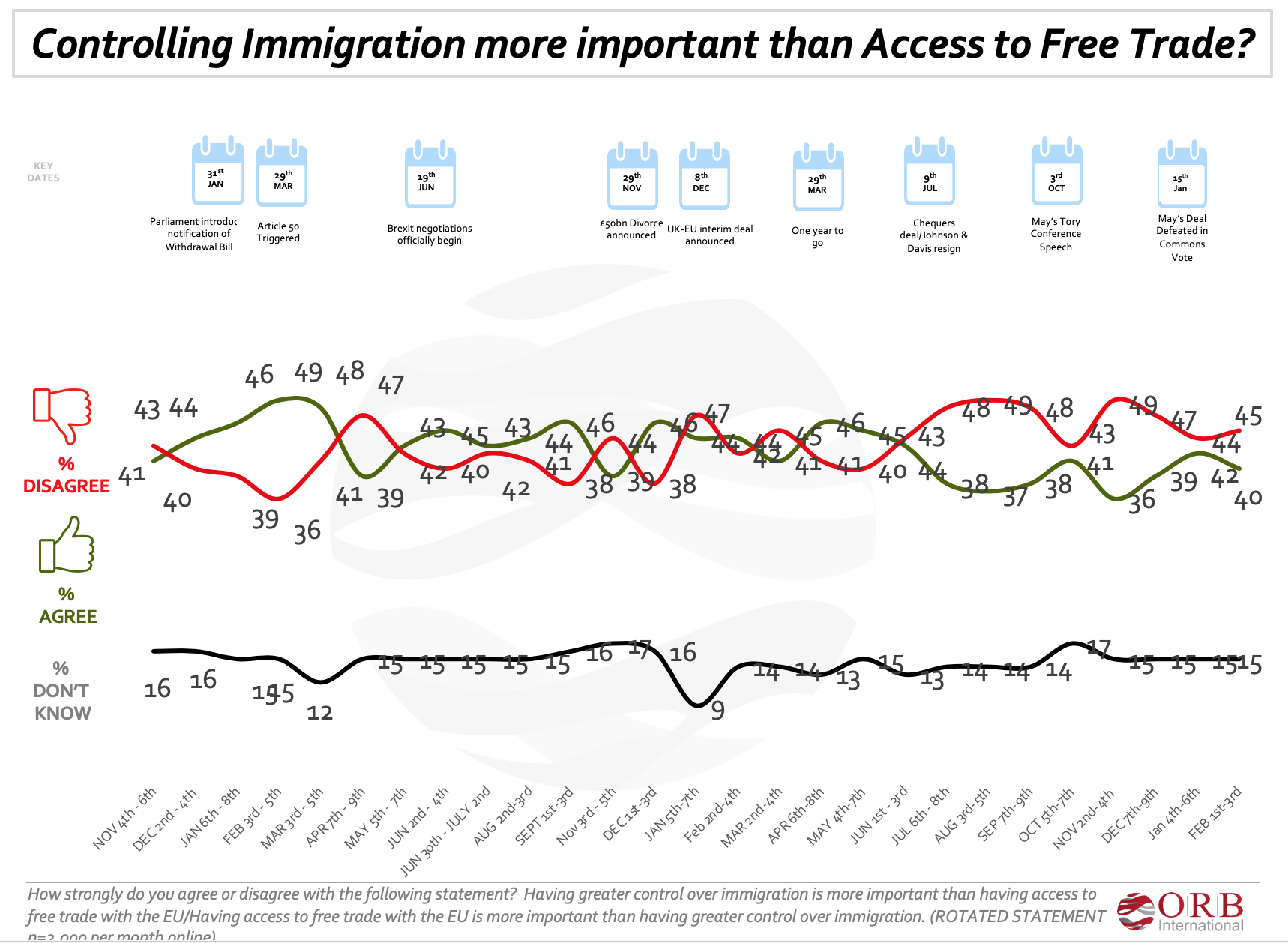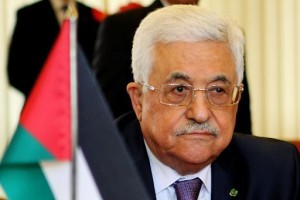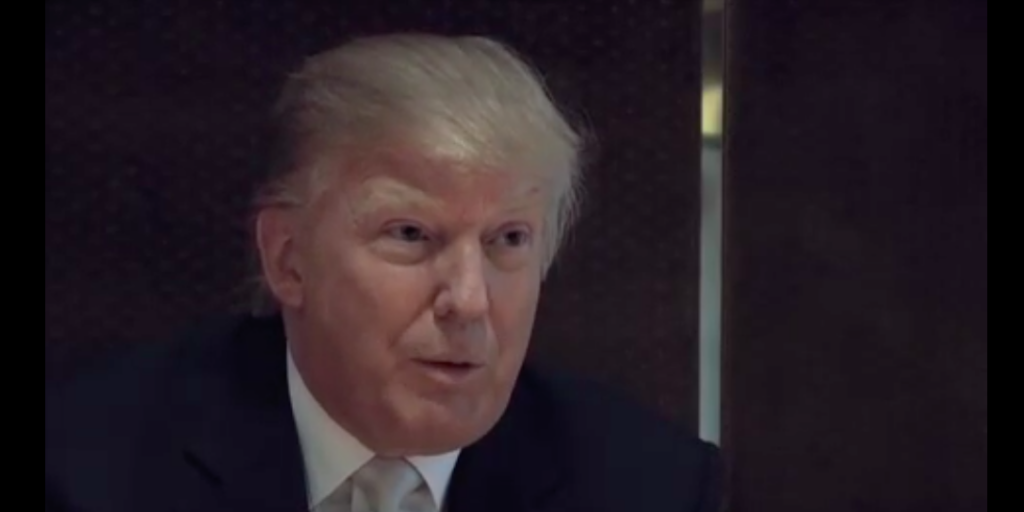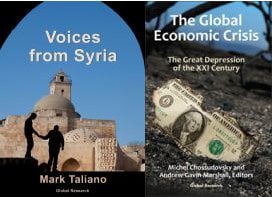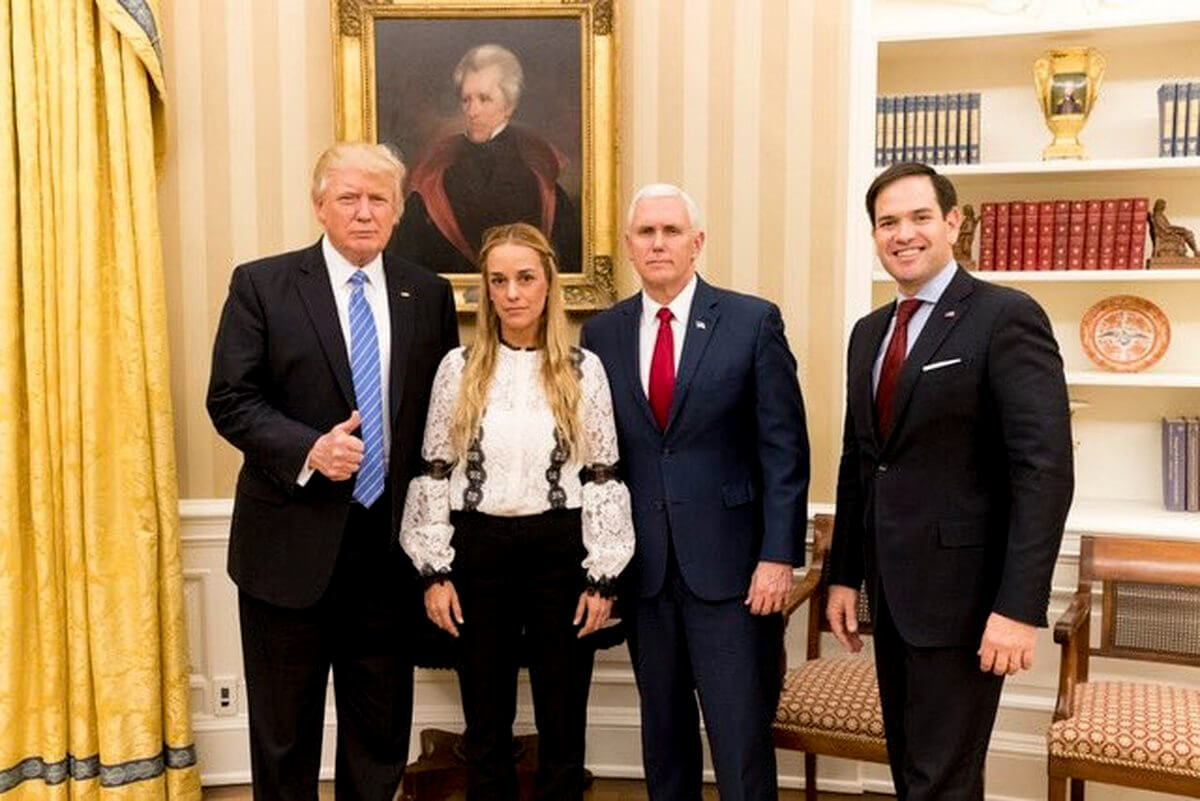Why I Defend Jeremy Corbyn but Don’t Support Him
February 7th, 2019 by William Bowles
In Defence of Jeremy Corbyn
First off, let me get the ‘defending Corbyn’ bit out of the way. I do defend Corbyn’s defence of the downtrodden and the dispossessed, a rare quality in Britain’s despicable, dishonest and hypocritical political class. The attacks on him accusing him of anti-semitism are reprehensible and fundamentally originate with the Zionist entity, Israel, launched by Israel’s supporters inside the Parliamentary Labour Party (PLP) and reinforced by that other supporter of Israel, the BBC (with the able assistance from the rest of the corporate media).[1]
The despicable hatred shown by the state/corporate media toward Corbyn has nothing to do with the man but with the state’s abject fear of Corbyn’s (remote) connection to socialism, made all the worse by airbrushing him out of what passes for a public debate on Corbyn’s politics. What are they afraid of? Clearly not Corbyn’s politics but instead, it’s the idea of an alternative, no matter how remote it may be at present (though I suspect that given the parlous nature of contemporary British capitalism, it may be closer than we think. Think the Gilets Jaunes+).
So Corbyn gets endless and vicious ad hominem attacks but is never given the chance to defend himself in the public arena. And they call it democracy. On the one hand, it reveals the nasty nature of capitalism, bare in tooth and claw, and on the other, how desperate and clueless the ruling political class is, best exemplified by the utter farce (turning into disaster) called Brexit, a sick joke that backfired on the comedians in power that drags on ad infinitum.
But I also think it’s important to understand why Corbyn chose not to vigorously defend his position on the issue of Palestine, after all this is what the attack is all about, not Jews but Palestine. His defence of Palestinian rights has absolutely nothing to do with anti-semitism unless, like the Zionists you choose to link the two. This is the reason why Zionism is itself intrinsically anti-semitic. The entire purpose of tarring Corbyn with the anti-semitism brush is to defend Israel’s theft of Palestine. It’s a stratagem that aims to legitimise the theft, which is why Corbyn’s essentially liberal position capitulated to the attack. He was bullied into silence, afraid of the power of the Israeli lobby in our public affairs that could to do him permanent political damage.
Why I Don’t Support Corbyn
Anybody who has read my earlier essays on Corbyn will probably have already sussed my views on the man and more especially, the political party that has been his life-long domain (35 years or so in Parliament as a Labour back bencher).[2] Before that, a full-time trade union worker.
The major reason that most of the left advance for supporting Jeremy Corbyn appears to boil down to the fact that there is simply no alternative, that Corbyn is the best we’ve got to offer. That even a bad Labour government is better than a Tory one. But is this really true? This is, after all, the argument that has been used to justify voting for Labour, literally for decades. If true, then there is no alternative to the endless, first this then that approach to (no) real change. The end product of this view is an endless spiral downwards to the bottom, with the idea of socialism receding ever further into the distance with every election that passes.
At the end of 1890s, the newly formed Labour Party (formerly the Labour Representation Committee) decided to participate in Parliamentary democracy rather than act as an external pressure group for a socialist revolution and in doing so, set the agenda for the Left for the next century (and more). They talked of ‘reforming’ capitalism, slowly, bit-by-bit, squeezing concessions from capital, culminating in the 1945 postwar Labour government. Indeed it was the high point of the reformist approach and even then nationalisation was firstly a social democratic response to a nationwide demand for real socialism from the organised working class following the horrors of the 1930s and WWII, and secondly, to save an effectively bankrupt capitalist state, a capitalist state saved from collapse by a ‘socialist’ government. The ‘social contract’ between capital and labour was signed by a Labour government and capitalism was saved.
Yet at the same time, it was a Labour Party and Labour government that was profoundly anti-communist and anti-left, a ‘socialist’ party that banned relations with the rest of the left, expelling anyone who wished to see real socialist policies, prohibitions that still exist and are carried out to this day. A Cold War, imperialist party that supported colonialism and neocolonialism that helped subsidise the Welfare State. The working class was bought off with crumbs off the capitalist table on the backs of our former colonial subjects.
The illusion of socialism (social democracy) lasted 30 years. Enter Margaret Thatcher and the return to unbridled capitalism or neoliberalism as it is now known. RIP the Welfare State. What’s important is the role of the Labour Party and subsequent Labour governments in this process of defanging the class struggle.
Critical to the end of social democracy were two, connected events: first, the destruction of manufacturing through its export to cheap labour areas and the commensurate destruction of the organised, industrial working class that went with it, principally coal mining and the National Union of Mineworkers, a union which brought down a Tory government. Other areas of manufacturing were to follow over the subsequent decades.
This process was assisted by the discovery of North Sea oil and gas and the domination of the City of London through its virtually complete deregulation. The Age of Financialisation was upon us.
A parallel process took place in the USA and in 1991 the dissolution of the Soviet Union cleared the decks for what we now call globalisation or gangster capitalism as I prefer to call it.
One can say that it’s been downhill for the working class ever since and for the rest of the planet and its people.
Throughout this latter period, Jeremy Corbyn occupied a back bench in the Houses of Parliament, one can say one of a handful of token lefties, always on hand for demonstrations and petitions but little else, but they kept the (red?) flag flying. This is the face of reformism and it’s been this way with the Labour Party for over 100 years. All that’s changed has been how many tokens have sat in Parliament. So from a party of (former) trade unionists to a party of lawyers and businessmen, culminating in ‘New’ Labour and war criminal Tony Blair. In retrospect this process was inevitable. Every successive Labour government moved further and further to the right, effectively opening the door for ever more rightwing Tory governments and policies. A Labour government would enact reactionary immigration laws and the next Tory government would build on them.
The Labour Party proved indispensable to capitalism from the moment the first Labour Party member took his seat in Parliament in 1892, Keir Hardie. Organised labour in the shape of the Labour Party became an intrinsic part of the ruling political class, the class that managed capitalism. Incorporating representatives of the organised working class cemented the illusion of democracy.
This is the Labour Party that Jeremy Corbyn would ‘rescue’ from the neoliberals.
Socialism is the only answer to this situation, the crisis of the welfare state. The only way to keep the results of economic activity inside the country and available for social services is to nationalize the industries, so that they become public goods, owned collectively and not by private individuals and stockholders. The only way to maintain and pay for the public programs that the population cherishes, is to finance them through state ownership of the means of production and distribution. The welfare state is played out, and the yellow vest protests are symptomatic of this. Rather than looking backward and wishing it to return, we should embrace the future by building the conditions for socialism. ‘The Yellow Vests, the Crisis of the Welfare State and Socialism’ By Michéle Brand (See this)
This used to be the rallying cry of the left of the Labour Party. A cry that was entirely missing from Corbyn’s Election Manifesto, missing even from his original manifesto before it was mangled by Emily Thornberry and the rest of the right wingers who surround Corbyn.
Yet the half million people who joined the Constituency Labour Party across the nation, joined because they thought that Corbyn offered them change, radical change from Austerity, from poverty, from the miserable existence inflicted on them by a rancid and bankrupt capitalism. A not inconsidersable number, perhaps 20% or more of the population.
Even Momentum, which had all the appearance of a grassroots-powered movement, was in reality covertly backed by the PLP. Run by John Lansman, Corbyn’s former election agent, a Zionist creature of the Labour establishment but with ‘leftwing’ credentials. The proof of the pudding is in the eating. In its formative period, anyone could join Momentum but once Corbyn was elected leader of the Labour Party, everything changed. Now you had to join the Labour Party in order to be a member of Momentum. Goodbye grassroots. The rules of the Labour Party forbid anyone who joins from belonging to any other political grouping. Worse still, your politics had to be acceptable to the bureaucracy as well or else out you go. I know of lefties in the Labour Party who have to censor themselves in public for fear of being expelled for their beliefs, and they call it democracy.
Yet assuming that Corbyn is successful in his bid to head to a future Labour government, I have to ask, what is more important to Corbyn, saving the Labour Party and heading a Labour government or honouring his pledge to the millions who support him, the millions he wants to vote for him come election time?
Things don’t look promising judging by events of the past year. Corbyn has not risen to the occasion, he bottled it over the accusations of his anti-semitism; he caved in over Trident, NATO, Syria, even Austerity. What else will he sacrifice of his principles in order to ‘lead’ a Labour government? Well there’s not much of his original manifesto left to sacrifice.
A Lost Opportunity
The process set in motion by Momentum and other grassroots actions, awoke a sleeping giant, the millions of working people immiserated by Austerity and the demise of the Welfare State. It was this that powered Corbyn’s ascent to leadership of the Labour Party, not something that even Corbyn himself expected. He was, after all, near to retirement and in an age where neoliberalism was apparently triumphant, who woulda thunk it?
But millions of people acting independently of the Labour Party bureaucracy, indeed independent of our tweedle-dee, tweedle-dum electoral process, simply could not be tolerated (once more, see Gilets Jaunes). Hence the virulent, indeed slanderous attacks on Corbyn. He had to be neutralised as dangerous to the status quo.
But instead of empowering the mass base, Corbyn participated in shifting the focus back to electioneering (was this his doing?). Hence the calls that Momentum made, ‘General Election Now.’ Back into the belly of the beast and the PLP, where the neoliberals dominate and in the process of course, the grassroots are sidelined, their usefulness at an end. This is the reason why France has the Gilets Jaunes, betrayal by the political class, left and the trade unions. Once more, Labour’s grassroots support treated with contempt. And the proof of this can be seen in the polls, with Labour’s share falling.
Not only treated with contempt by the entrenched political class, but viewed as dangerous to the elite’s grip on power. Once more, it’s the idea that they’re afraid of.
So where does Corbyn stand in all of this? How does he reconcile his reliance on electoral politics with his grassroots base? What if he succeeds and they vote in a Labour government in the next election, what then? With all the compromises that Corbyn has made in order to placate the right wing that control the PLP, aren’t his support base going to be somewhat disappointed when they find out what he has had to give up in order to become prime minister? This is the dilemma that has brought down successive Labour governments, the gulf between promises and the inability or even unwillingness to deliver on those promises.
What this illustrates is a broken system, decades past its sell-by date. An anachronism with Corbyn a throwback to a bygone era, an exercise in nostalgia. But there is no going back, we can only go forward. As Michéle Brand says:
The welfare state is played out, and the yellow vest protests are symptomatic of this. Rather than looking backward and wishing it to return, we should embrace the future by building the conditions for socialism.
I think this is what Corbyn’s support base wants. They may not know it’s called socialism but that’s the challenge we face after over 40 years of neoliberalism and the ravages of the Cold War; to take the demand of millions of working people for a radical transformation of society and translate it into a realistic programme. I might add that this the same challenge that Les Gilets Jaunes face and I’m under no illusion as to how difficult a task this will be.
But now the threat of global heating adds even more urgency to the task and it’s patently obvious that not only is capitalism not up to the task, indeed it’s the cause of the disaster in the first place. Thus these two critical problems are intimately interconnected, in solving one we stand a chance of solving the other. This means that first capitalism has to go first. It’s just too urgent.
Is it realistic to expect the Labour Party to take on this challenge? Is it even possible given what appears to be the insurmountable obstacles and contradictions within the Labour Party itself? A Parliamentary Labour Party so virulently opposed even to Corbyn’s emasculated version of a welfare state, that it’s prepared to sabotage an election in order to remove him.
And then there’s the elephant in the room: the corporate-security state that has proved itself to have no qualms in assassinating its own citizens, let alone the tens of thousands slaughtered under the guise of ‘humanitarian intervention’; that spies on every single one of us; that tracks our movements, our thoughts, that censors, that lies to us. How does Corbyn’s would-be government intend to deal with this? Would it even be inclined to? More to the point, how will the security state react to a Corbyn-led government, especially if it attempts to carry out anything that would loosen the grip that the corporate-security state has of us or dare to threaten the rule of capital?
Had Corbyn stayed loyal to the folks that put him where he (almost) is, it would have meant that the Labour Party machine would have lost control of its direction. Instead leadership would have come first and foremost from local Constituency Labour Party branches (CLP), where undoubtedly a firefight would have taken place between the locals and the Blairites, between left and right in the Party, with the bureaucracy controlling the Rules and hence having the advantage but the left having numbers on its side. This is after all, how Corbyn got to be the leader, the right was outvoted.
Furthermore, local Constituency Parties could reach out to the larger population that they are situated within, and potentially the trade unions. In the ‘old days’, the 50s and the 60s, we had very active local Trades Councils that brought together a range of trade unions to deal with local and national issues. They still exist of course, but they’re a shadow of their formers selves. Theoretically, CLPs can also unite single issue struggles under the ‘umbrella’ of the Party, had they the freedom of course. It’s the only way to break the stranglehold of the Party’s bureaucracy. But Corbyn chose not to take this route.
It’s principally for this reason that I can’t support Corbyn and his bid to head a Labour government with a party that’s an intrinsic part of the ruling elite. It’s a contradiction in terms, but then what’s the alternative? It’s a real dilemma for many of us, especially in such desperate and dangerous times. Is it a risk worth taking?
*
Note to readers: please click the share buttons below. Forward this article to your email lists. Crosspost on your blog site, internet forums. etc.
This article was originally published on Investigating Imperialism.
Notes
1. See ‘Blanket Silence: Corporate Media Ignore New Report Exposing Distorted And Misleading Coverage of Corbyn’, Media Lens, 3 October 2018.
See also: ‘Charges ‘Without Merit’ – Jeremy Corbyn, Antisemitism, Norman Finkelstein and Noam Chomsky‘, Media Lens, 12 September 2018.
2. See for example: ‘Corbyn’s Dilemma’ By William Bowles. 18 December, 2015.

